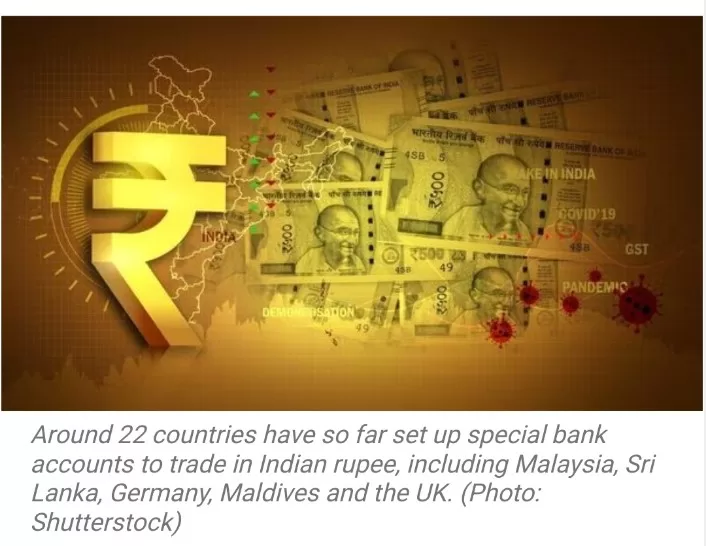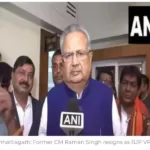New Delhi ,In a strategic move to elevate the Indian rupee’s global standing, India is currently engaged in discussions with Lesotho to facilitate trade using its domestic currency, according to reliable sources. This initiative aligns with India’s broader economic strategy to strengthen its presence in southern Africa, complementing ongoing trade negotiations with the Southern African Customs Union (SACU).
As of now, approximately 22 countries have established special bank accounts to engage in trade using the Indian rupee. Notable nations among them include Malaysia, Sri Lanka, Germany, Maldives, and the UK.
The trade talks between India and SACU, consisting of Botswana, Eswatini, Lesotho, Namibia, and South Africa, commenced in 2007 but experienced a slowdown. However, negotiations have gained momentum in 2023.
Rajkumar Ranjan Singh, Minister of State in the Ministry of External Affairs, recently emphasized the increasing global interest in rupee trading. The Reserve Bank of India’s initiative to allow transactions in domestic currencies aims to boost global trade, focusing on Indian exports and leveraging the growing global interest in the rupee.
Singh highlighted, “This mechanism will allow businesses to directly trade in Indian rupee, thereby reducing risks related to dependence on hard currencies. It would be a mutually beneficial mechanism for both countries in terms of saving each other’s foreign exchange reserves.”
The move towards trading in domestic currency supports India’s goal to elevate the rupee to a hard currency status. Sanjeev Sanyal, a member of Prime Minister Narendra Modi’s Economic Advisory Council, has suggested that achieving hard currency status could lead to the rupee’s inclusion in the International Monetary Fund’s special drawing rights basket, potentially lowering India’s financing costs.
Despite the ongoing efforts, trade between India and Lesotho remains modest, even though the southern African nation is part of India’s Duty-Free Tariff Preference scheme. Trade cooperation was initially announced during the India-Africa Forum Summit in 2008.
India’s initiatives in Lesotho primarily focus on developing small industries, ensuring food security, and providing vocational training.




